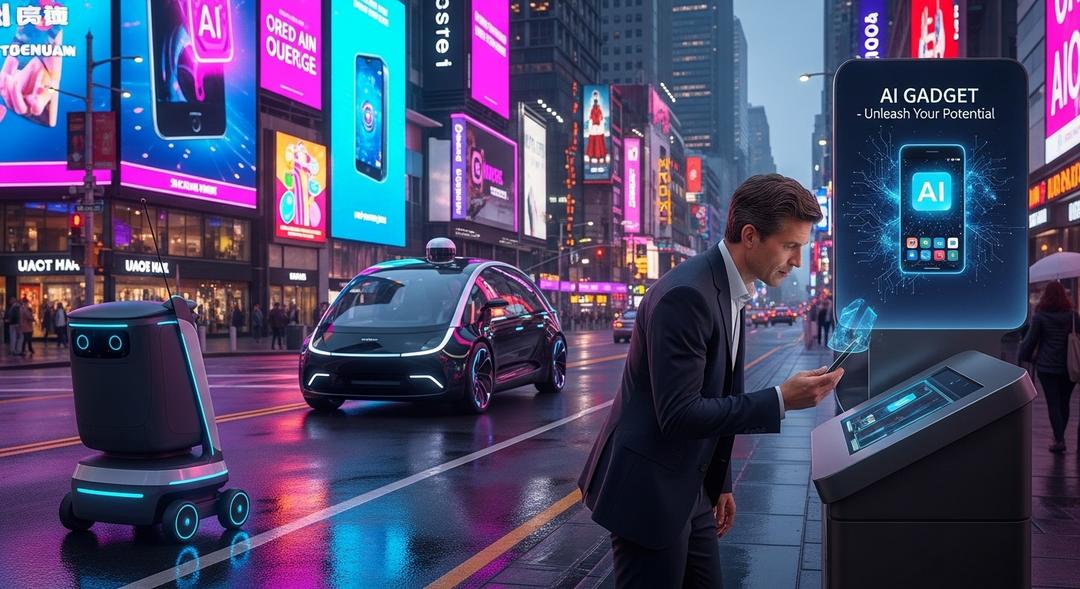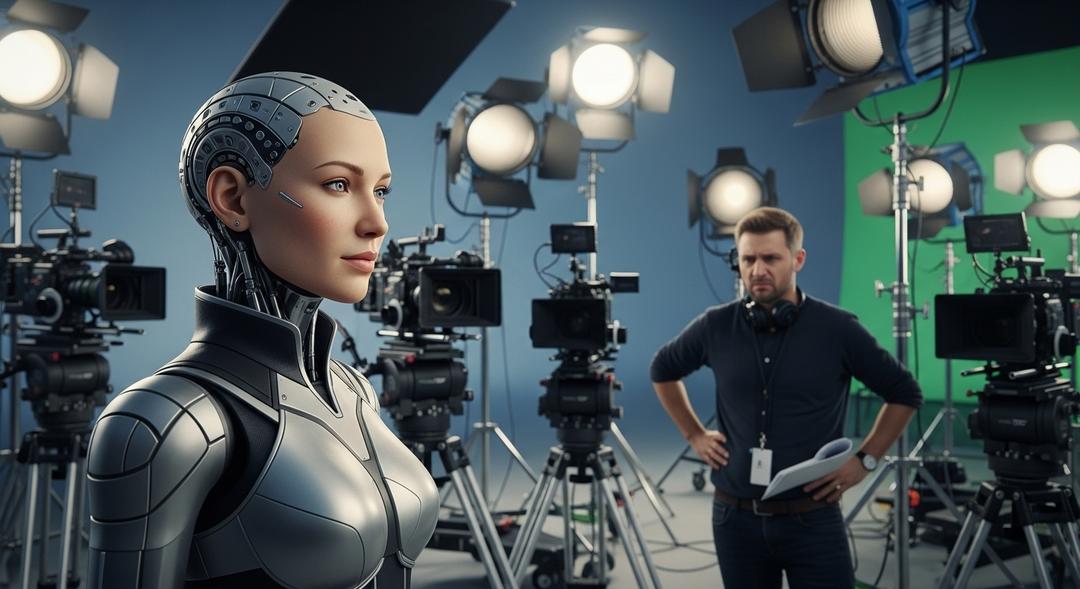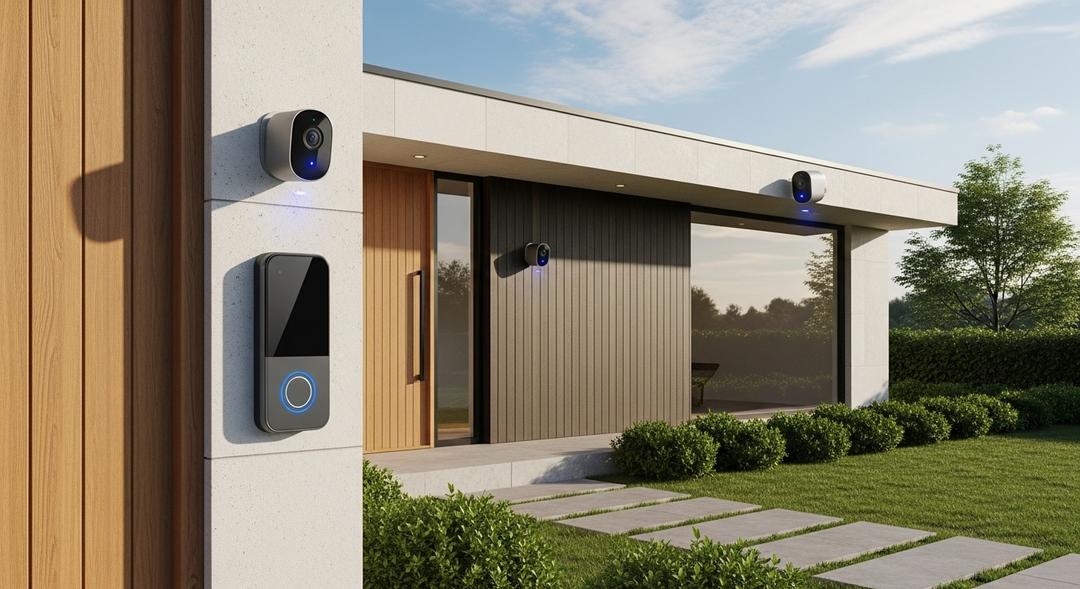Imagine needing the power of a small town just to replicate a single human thought.
While artificial intelligence impresses with its writing, art, and rapid calculations, recent research from Switzerland’s comparison of brain and AI energy use shines a spotlight on a less flashy, but stunning, difference: energy use. The human brain operates on only about 12 watts—less than what it takes to power a lightbulb. By contrast, for AI to mimic the complexity of a human brain’s thinking, it needs an eye-watering 2.7 billion watts.
The gap is wider than anyone might expect.
To put that into daily context, the human mind can power through multiple tasks at once, like navigating traffic while singing along to a favorite tune and planning what’s for dinner. AI, on the other hand, is still stuck tackling jobs one after another, unable to genuinely multitask.
AI’s Unquenchable Thirst for Energy and Water
But it’s not just the electricity bills that get a shock from these machines. Each center built to keep AI running and learning chews through water at a pace that rivals the daily usage of 4,200 people. The vast amounts of energy and water poured into AI create harsh realities, especially since much of this comes from regions already strapped for resources.
That’s before you look at the training process. When OpenAI rolled out ChatGPT3, training just that one system needed as much electricity as what powers 130 typical American homes in a year. Even generating a simple AI image drinks enough energy to charge an entire phone, according to a 2023 report from MIT.
A quick test from TechRadar found generating five seconds of video with AI eats as much power as running the microwave for an hour.
Some believe that AI’s calculation speed gives it a clear edge. It certainly builds simulations and crunches numbers faster than most supercomputers. Yet, Dr. Erik Barker notes, “AI is fast with calculations, but it still makes mistakes and always needs a human to double-check.” This reliance on oversight highlights how far AI still has to go.
Despite rapid innovation, AI’s efficiency faces criticism for its heavy footprint.
Could digital brains ever hope to match the energy thriftiness of our own? Right now, the answer looks doubtful. Until new breakthroughs come, the human brain stands alone as the undisputed efficiency champion, even as ai electricity use trends suggest the gap may widen further.








